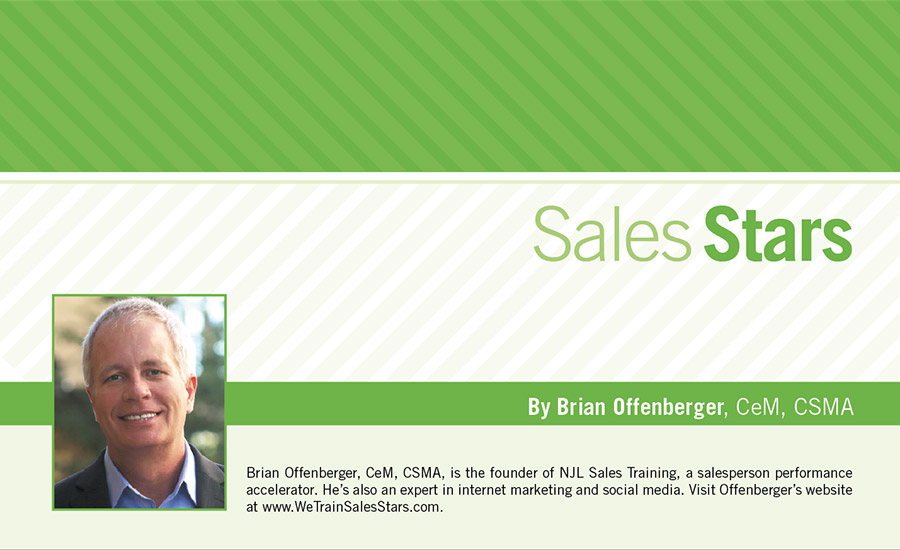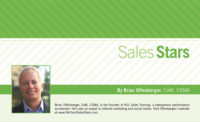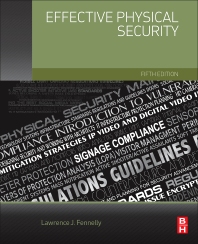5 Hacks for Better Weekly Security Sales Meetings

Most salespeople hate the weekly sales meeting. You know the one. Everyone on the sales team gathers around for an hour-long discussion about which rep got closer to making a sale, while also covering menial housekeeping issues.
A recent study by Atlassian showed the devastating impacts of routine meetings that become pointless in the minds of employees: 90 percent of meeting attendees end up lost in daydreams, nearly 40 percent fall asleep, and about 75 percent do totally unrelated work while in the meeting.
I believe sales meetings, when used correctly, can be a valuable way to grow your business. With that in mind, here are five hacks for better sales meetings.
1. Focus on teaching skills that help sales reps sell more.
If your sales people gain knowledge and skills that help them earn more money or be more effective with less stress, they’ll pay attention during your sales meetings.
Any time a sales leader is helping her team get better, she’ll have their attention. And that’s a win-win for everyone. Better skills often translate into better results, which make everyone happy.
There are several effective ways to teach skills during an hour-long meeting. Some of my favorites are discussion and demonstration, role playing, scenario brainstorming, and guest speakers. As I believe in keeping the sales meeting to one hour, I recommend devoting about 20 minutes to skill development.
2. Don’t ask for project updates.
Nothing will bore Mary more than listening to her sales manager review Scott’s projects during the sales meeting. I once worked for a manager that did that all the time. He’d spend five minutes reviewing Scott’s projects while the other four salespeople twiddled their thumbs or took a quick nap. Once done with Scott he’d follow that process until everyone had been covered — and bored to death.
Keep this in mind: Mary couldn’t care less about Scott’s pending deals unless you are going to assign one to her. That’s why conversations affecting one salesperson only shouldn't be discussed in a group setting, unless it is to recognize outstanding achievements.
Save the project updates for your CRM system and one-on-one meetings.
3. Provide relevant training.
Today sales reps deal with email, smartphones, social networks and overwhelming competition to get a prospect’s attention. Use sales meetings for the type of training relevant in today’s environment. How long should emails to clients be? Should you abbreviate when sending a text to a prospect? What are the best email subject lines to use to get a prospect to open an email? What online tools can be used to quickly research an individual or company? And when you address these types of issues in a group sales meeting, you promote a best practice to be used by all.
4. Plan ahead.
Most sales leaders do not have a roadmap for sales meetings to get their team from point A to point B. They plan the meeting 30 minutes prior to its start, hop from idea to idea, and hope and pray they end up somewhere good.
Unfortunately, it’s hard to get great results that way. John Wooden, famed college basketball coach, said failing to plan is planning to fail.
Wooden was right. Plan the major topics of your weekly sales meeting well in advance. I recommend developing a plan by quarter. That means you are planning out the major topics to be covered in sales meetings 13 weeks at a time. Maybe one quarter you work on lead generation practices and fact finding, the next quarter on presenting and closing. Whatever it is, the point is to have and follow a plan.
5. One hard thing.
Brainstorming teaches skills, engages people and moves sales forward. I always allowed time during sales meetings for reps to discuss “one hard thing.” One hard thing was something that had them stuck in the sales cycle with a prospect. The prospect wouldn’t return the call. The prospect was sitting on the proposal. Whatever the situation, our team devoted five minutes to brainstorming for a solution to move things forward. It’s fun and productive.
Sales meetings don’t have to be boring. Use these five hacks for more productive meetings.
Looking for a reprint of this article?
From high-res PDFs to custom plaques, order your copy today!







